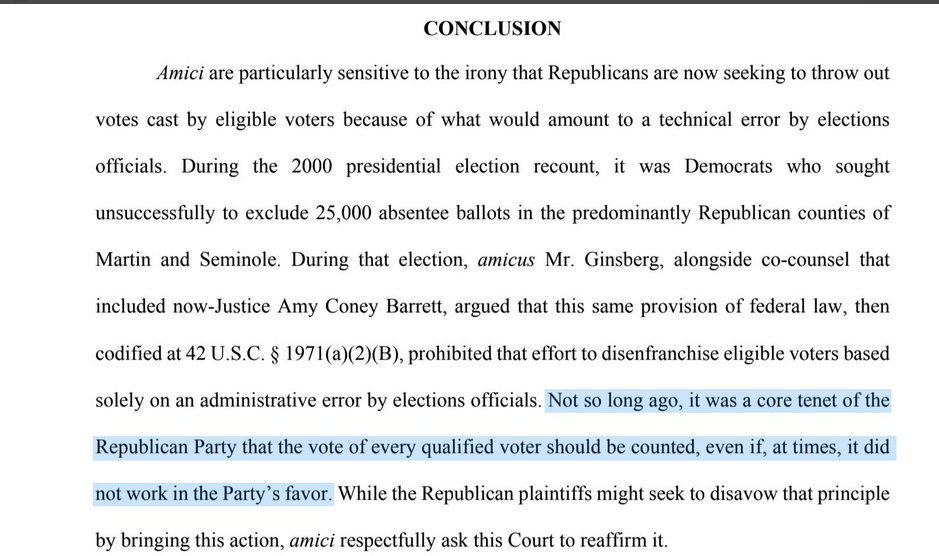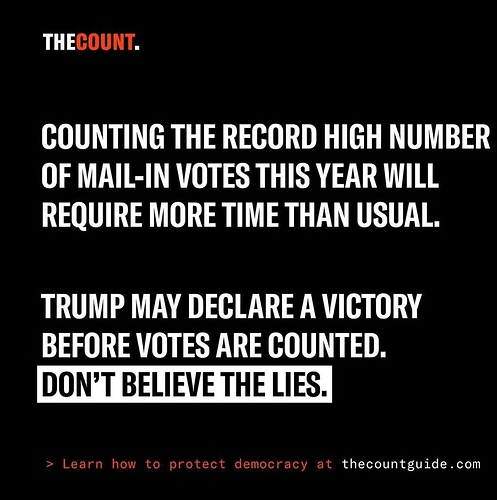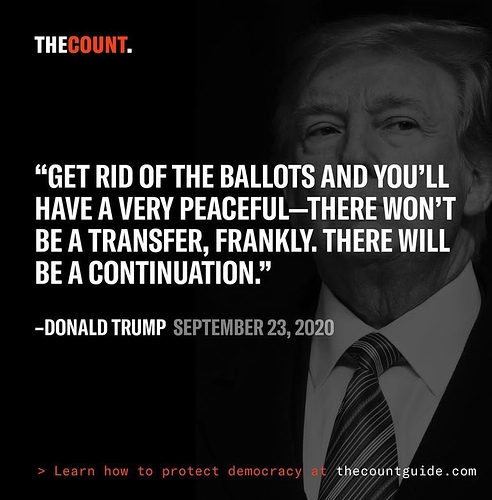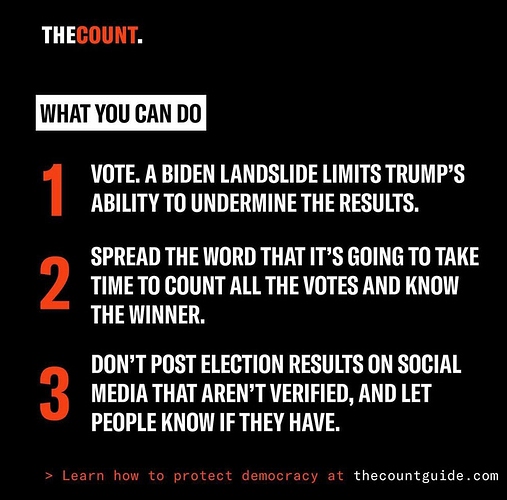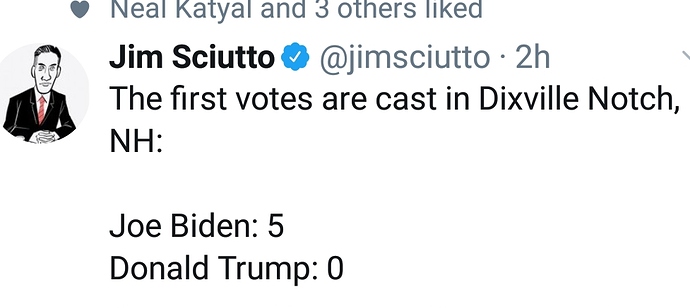Trump’s plan to declare premature victory
President Trump has told confidants he’ll declare victory on Tuesday night if it looks like he’s “ahead,” according to three sources familiar with his private comments. That’s even if the Electoral College outcome still hinges on large numbers of uncounted votes in key states like Pennsylvania.
The latest: Speaking to reporters on Sunday evening, Trump denied that he would declare victory prematurely, before adding, “I think it’s a terrible thing when ballots can be collected after an election. I think it’s a terrible thing when states are allowed to tabulate ballots for a long period of time after the election is over.”
- He continued: “I think it’s terrible that we can’t know the results of an election the night of the election. … We’re going to go in the night of, as soon as that election’s over, we’re going in with our lawyers.”
- “We don’t want to have Pennsylvania, where you have a political governor, a very partisan guy. … We don’t want to be in a position where he’s allowed, every day, to watch ballots come in. See if we can only find 10,000 more ballots.”
Behind the scenes: Trump has privately talked through this scenario in some detail in the last few weeks, describing plans to walk up to a podium on election night and declare he has won.
- For this to happen, his allies expect he would need to either win or have commanding leads in Ohio, Florida, North Carolina, Texas, Iowa, Arizona and Georgia.
Why it matters: Trump’s team is preparing to falsely claim that mail-in ballots counted after Nov. 3 — a legitimate count expected to favor Democrats — are evidence of election fraud.
Details: Many prognosticators say that on election night, Trump will likely appear ahead in Pennsylvania — though the state’s final outcome could change substantially as mail-in ballots are counted over the following days.
- Trump’s team is preparing to claim baselessly that if that process changes the outcome in Pennsylvania from the picture on election night, then Democrats would have “stolen” the election.
- Trump’s advisers have been laying the groundwork for this strategy for weeks, but this is the first account of Trump explicitly discussing his election night intentions.
What they’re saying: Asked for comment, the Trump campaign’s communications director Tim Murtaugh said, “This is nothing but people trying to create doubt about a Trump victory. When he wins, he’s going to say so.”
- Trump campaign senior adviser Jason Miller predicted that Trump “will be re-elected handily and no amount of post-election Democratic thievery will be able to change the results.”
Reality check: Mail-in ballots counted after Election Day as set forth in state-by-state rules are as legitimate as in-person votes recorded on Nov. 3.
- Many states won’t be done counting mail ballots by Tuesday night.
- In Pennsylvania, state law prevents election officials from counting mail-in ballots before Election Day.
- Night-of counts may be deceptive. It could be days, if not weeks, before we know who won Pennsylvania. If it’s a close race, this could also be true for other states, given the record numbers of Americans who voted by mail this year.
- Pennsylvania Secretary of State Kathy Boockvar said on NBC’s “Meet the Press” today that there could be 10x as many mail ballots this year than in 2016, “so, yes, it will take longer” to count.
- “I expect that the overwhelming majority of ballots in Pennsylvania, that’s mail-in and absentee ballots, as well as in-person ballots, will be counted within a matter of days,” Boockvar said.
What we’re watching: Miller, on ABC’s “This Week,” predicted 290+ electoral votes for Trump on election night, and he claimed Democrats are “just going to try to steal it back after the election.”
- He described any prospective challenges by Democrats as “hijinks or lawsuits or whatever kind of nonsense.”
Between the lines: Trump advisers are more optimistic about winning than they were three weeks ago, based on my conversations with multiple senior campaign officials over the past week, including two officials with direct knowledge of sensitive internal data.
- They said analyses of early-vote totals in battleground states indicate he’s doing substantially worse in Iowa and Georgia compared with this point in 2016, but better than expected in Texas, Nevada, North Carolina, Arizona and Wisconsin.
- Just a few weeks ago, senior Trump advisers were bearish about Wisconsin and had reduced TV advertising there to an insignificant figure. A senior campaign official told me, then, that the state didn’t figure in his paths to 270 electoral votes.
- But that appears to have changed. In recent days, senior Trump advisers have privately expressed growing optimism about Wisconsin, based on their analysis of early vote data.
The other side: “It comes as no surprise that Donald Trump and his campaign plan to declare victory before all the votes are counted. That has been his strategy for months, and nobody should fall for it,” Sen. Bernie Sanders said in a statement to Axios.
- “It’s why he is demonizing mail-in ballots and sabotaging the postal service. … We will not allow that to happen. Every vote must and will be counted."
